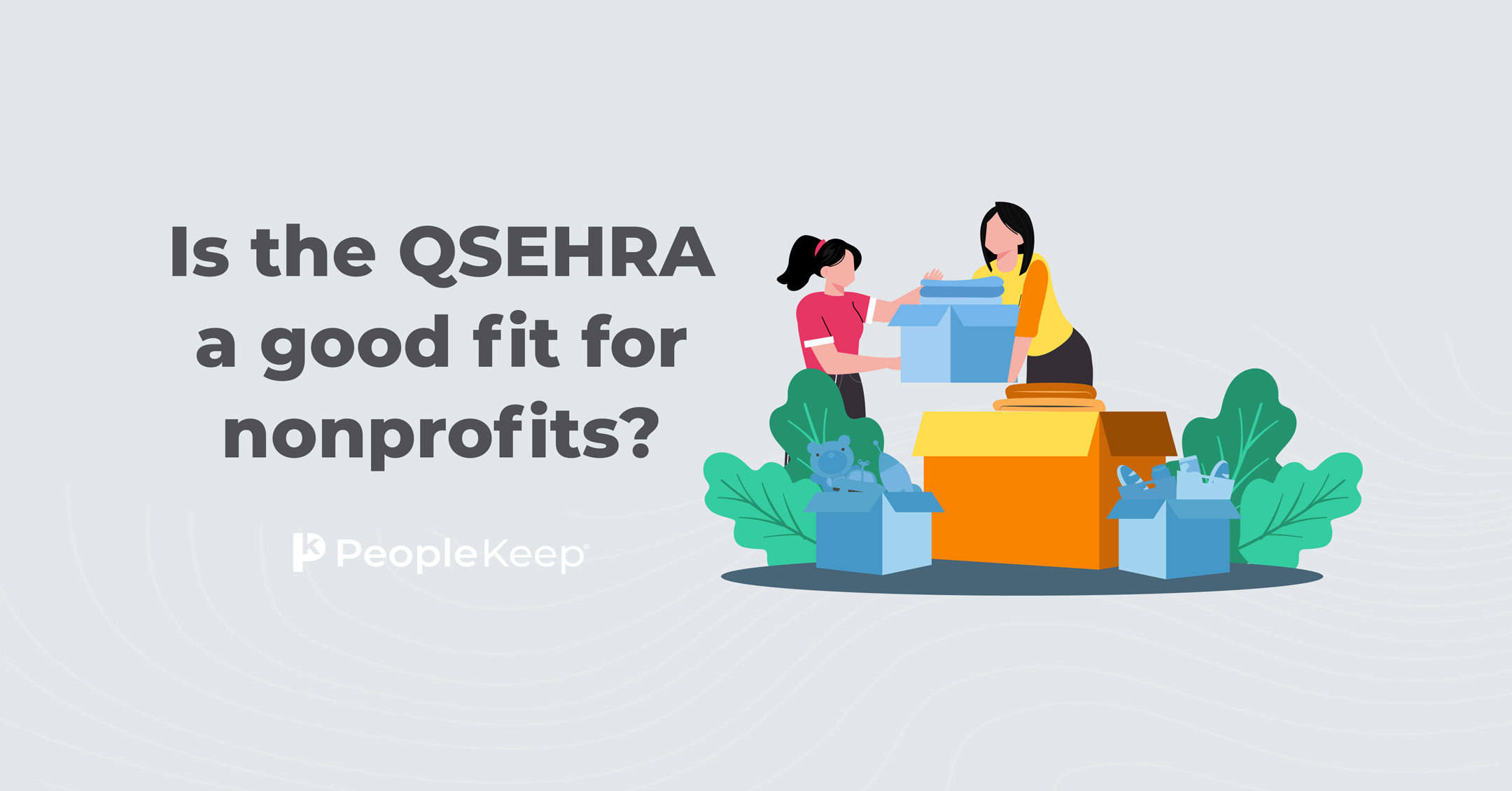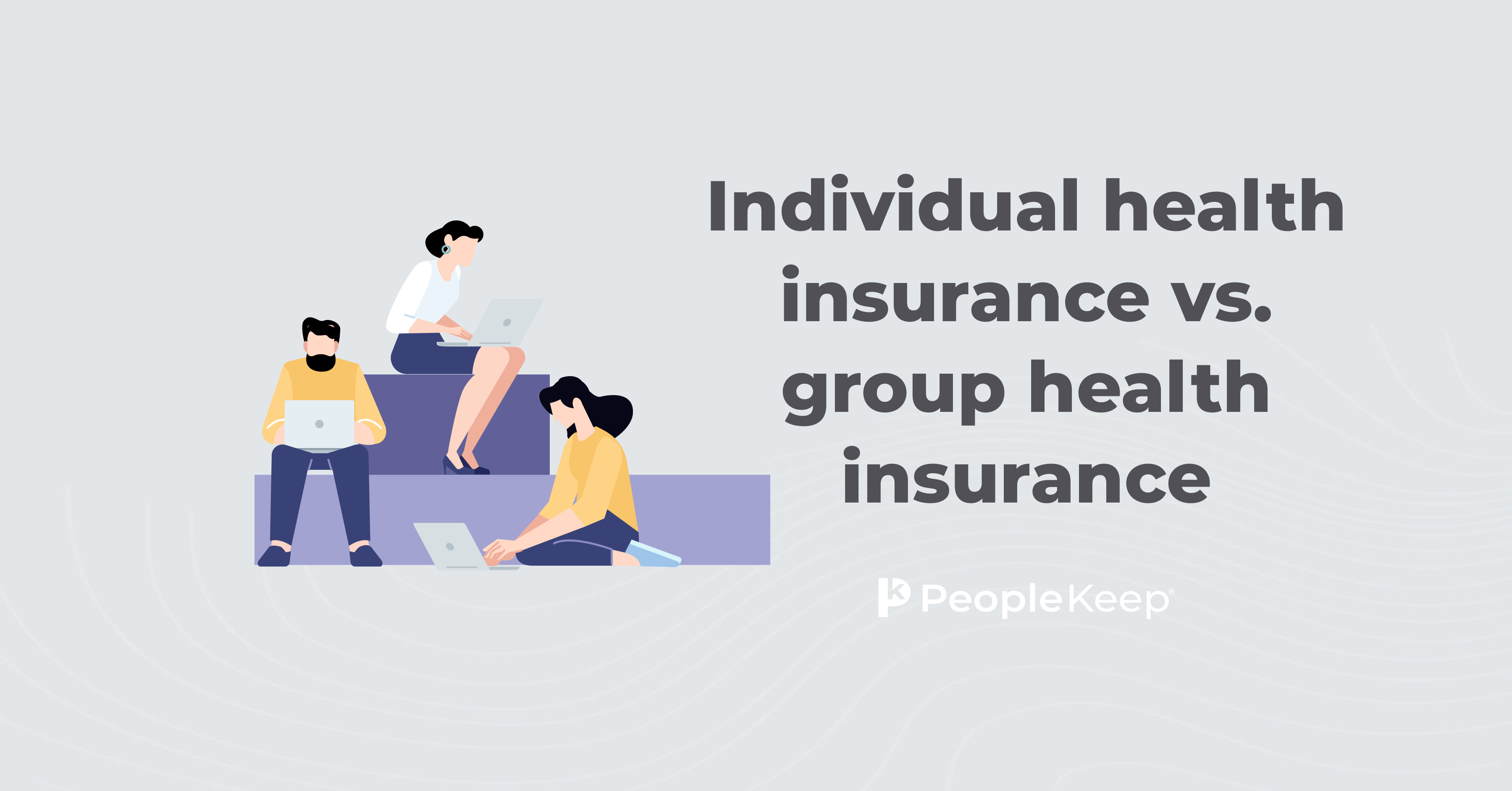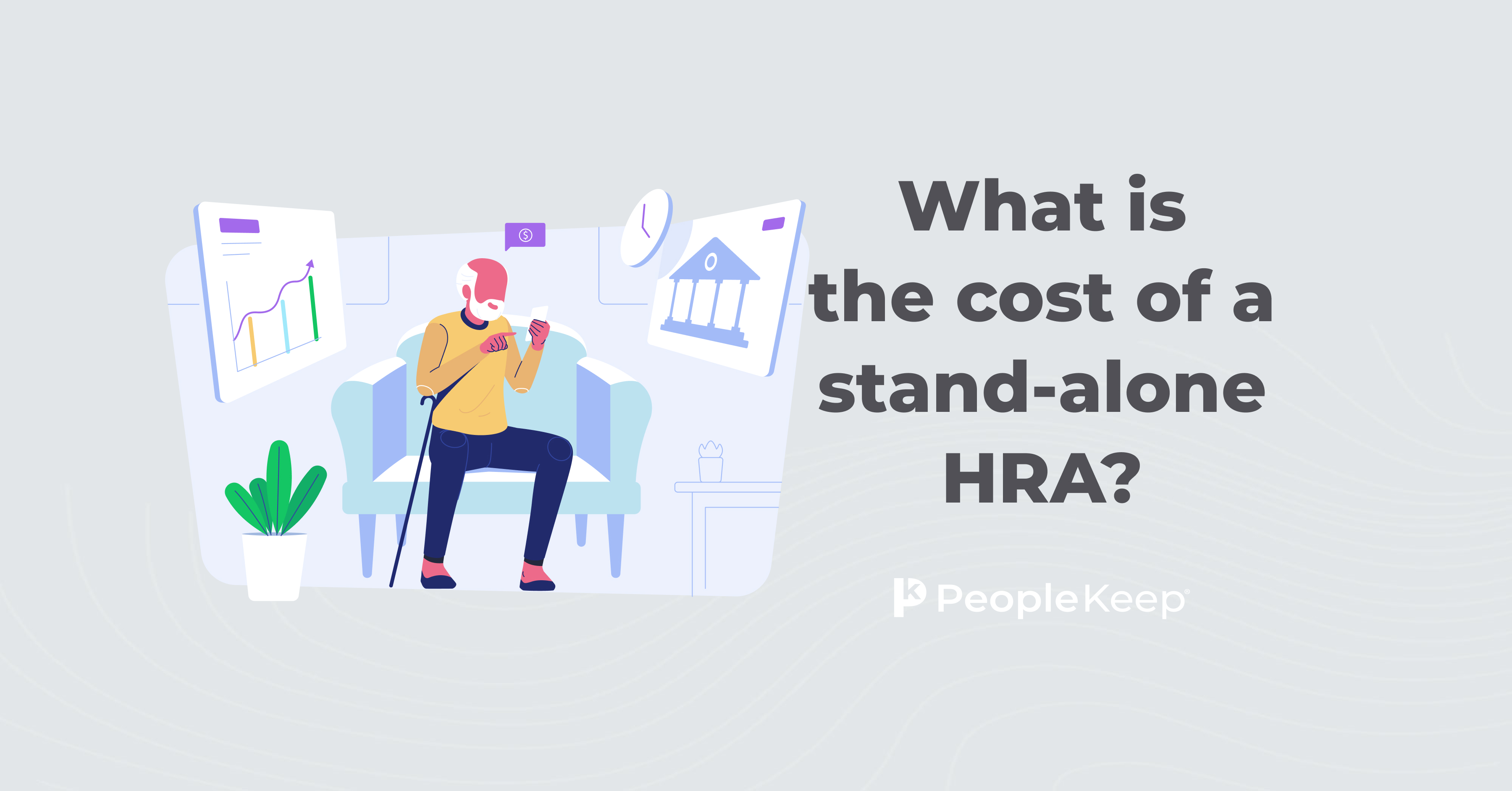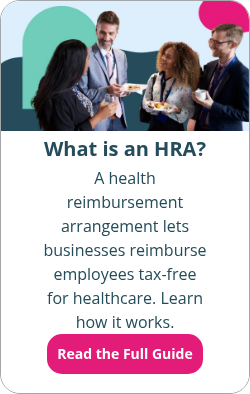What are the HRA attestation requirements?
By Elizabeth Walker on June 5, 2024 at 12:45 PM
The qualified small employer health reimbursement arrangement (QSHERA) and the individual coverage HRA (ICHRA) are personalized health benefits that allow employers to reimburse their employees tax-free for their health insurance premiums and other out-of-pocket medical expenses.
Employees must have a qualifying form of individual health insurance to participate in an ICHRA, but they can have any coverage that meets minimum essential coverage (MEC) to participate in a QSEHRA. To ensure your employees comply with this requirement, the federal government mandates that they attest they have proper health coverage before they can receive reimbursements through their HRA. But how exactly should they do this?
In this article, we'll explain the attestation requirements for QSEHRAs and ICHRAs and show you how PeopleKeep’s HRA software can help your employees comply with federal attestation regulations.
Takeaways from this blog post:
- The federal government requires employees participating in a QSEHRA or an ICHRA to attest that they have proper health coverage annually and each time they submit an expense reimbursement request.
- Employees can prove they have qualifying coverage by completing and signing an attestation letter or submitting formal third-party documentation.
- PeopleKeep's HRA administration software simplifies the employee attestation process, helping you comply with IRS requirements.
What are the QSEHRA attestation requirements?
Employees must have a health plan with minimum essential coverage (MEC) to participate in the QSEHRA. There are specific times and ways employees must prove they have this coverage.
According to IRS Notice 2017-67, employees must verify that they and their eligible dependents have a health plan with MEC before they receive their first reimbursement1. While this is generally before the start of the plan year, there are instances where it may be mid-year. For example, if a newly hired employee becomes eligible to participate in the QSEHRA in the middle of the plan year, they must prove they have MEC before their benefit begins.
If your employees don’t already have qualifying coverage when you offer the QSEHRA, that’s OK. Offering your employees a QSEHRA creates a 60-day special enrollment period (SEP) where they can purchase a qualifying individual health insurance plan with MEC. Once they get qualifying coverage, they can participate in the benefit.
After the initial proof of coverage, they must verify that they still have a qualified health plan with MEC each time they submit an expense for reimbursement.
Employees can prove they have MEC by providing one of the following two items:
- A formal document from a third party, like their insurance company, showing the employee and their dependents (if submitting one of their expenses) have coverage and a statement from the employee that the plan meets MEC. Some examples of acceptable third-party documents are their Explanation of Benefits or an insurance card.
- A physical or electronic attestation letter that an employee completes and signs stating they and their dependents have MEC for the plan year. The informative document should also include the coverage start date and the insurance provider.
Appendix B in Notice 2017-67 has sample attestation letters that employers can use for the initial and ongoing proof of MEC.
Employers can rely on forms of attestation as proof of MEC unless they know an employee doesn’t have MEC. If an employer knows an employee doesn’t have MEC and continues to reimburse them for expenses, the IRS will consider the QSEHRA benefit out of compliance.
What are the ICHRA attestation requirements?
Employees must have a qualifying form of individual health coverage to participate in an ICHRA. To prove this, the Departments of the Treasury, Labor, and Health and Human Services require employees to attest that they’re enrolled in a qualified health plan annually and throughout the plan year.
Employees must meet the following two requirements:
- Annual coverage substantiation: Before the first day of each plan year, employees must verify that they and each dependent have or will have individual health insurance coverage with MEC, Medicare Parts A and B, or Medicare Part C for the plan year.
- New hires or newly eligible current employees joining mid-year must fulfill the annual attestation requirement before their ICHRA benefit can begin.
- Ongoing substantiation: With each reimbursement request, employees must verify that they or their dependent had individual health insurance coverage, Medicare Parts A and B, or Medicare Part C during the month they incurred the expense.
Employers can use the formal attestation letters designed as samples by the Departments for each requirement2. They can also create their own reimbursement claim form that includes attestation information.
If employers don’t want to use the letter method, they can request their employees provide third-party attestation to fulfill the annual coverage substantiation requirement. Documentation showing the direct and recurring payment of insurance premiums is an acceptable attestation option for the ongoing substantiation requirement.
Employees are responsible for attesting that they have coverage. However, employers must collect and review the attestation letters before processing any reimbursements. Like the QSEHRA, employers can trust the accuracy of documents as proof of qualified individual coverage unless they know it to be a false attestation.
How can PeopleKeep’s HRA software help my employees fulfill their attestation requirements?
Federal regulations require employers to comply with HRA attestation. However, there’s no need for you to tackle these requirements on your own. PeopleKeep’s HRA administration software simplifies the most time-consuming tasks, like storing receipts and invoices, preparing plan documents, and reviewing reimbursement requests. Plus, our software makes the attestation process easy for your employees.
An accurate and timely attestation process is crucial for a smooth reimbursement process. If you offer a QSEHRA through PeopleKeep, your employees can attest they have a qualified health plan that meets MEC before they receive their first reimbursement through our web-based platform. Additionally, our software has a section for attestation they must complete whenever they submit an expense for reimbursement.
If you offer an ICHRA through PeopleKeep, employees can attest that they have qualified individual coverage and provide the plan’s start date and the insurer’s name at the beginning of the benefit plan year. Using our software, your employees will need to verify they have coverage on an ongoing basis on our platform, via email, or through text in order to receive reimbursements.
For both the QSEHRA and ICHRA, our documentation review team checks the expense submission information before notifying you if and when the expense is approved for reimbursement. This ensures you don’t disburse reimbursements until everything is accurate.
Conclusion
To ensure your HRA benefit is compliant, you and your employees must follow a few special rules to comply with federal regulations. Whether you offer a QSEHRA or an ICHRA, your employees must attest they have proper health coverage to participate in the benefit and receive tax-free reimbursements. However, using HRA administration software can make the process easy.
At PeopleKeep, our benefits administration software and award-winning customer support team have helped thousands of organizations administer their personalized health benefits in just minutes per month—and we’d love to help you, too. Schedule a call with us today to learn more about offering an HRA at your company.
Check out more resources
See these related articles

Is the QSEHRA a good fit for nonprofits?
Considering the QSEHRA for your nonprofit? Get all the information you need to make an informed decision in this concise guide.

Individual health insurance vs. group health insurance
Wondering how group insurance differs from individual insurance? Find out in this comprehensive guide and make an informed choice for your organization.

What is the cost of a stand-alone HRA?
Looking to budget for a stand-alone HRA? Get all the information you need on pricing and expenses in this comprehensive guide.



